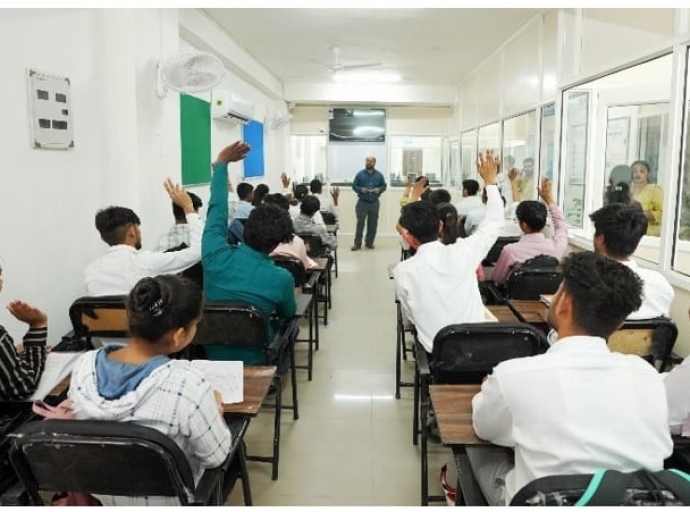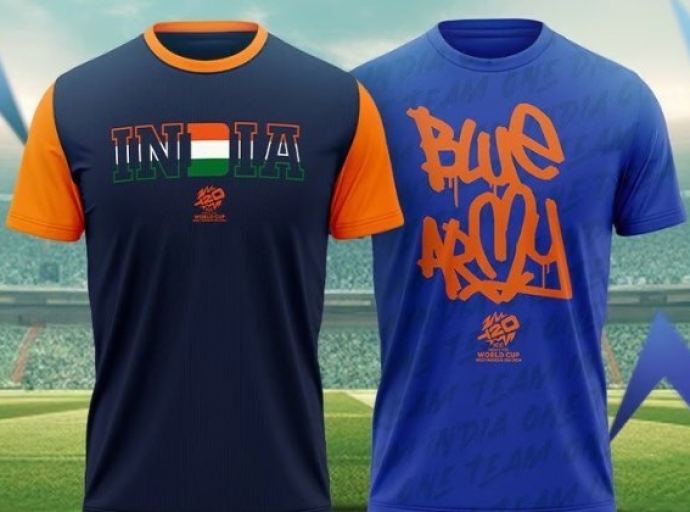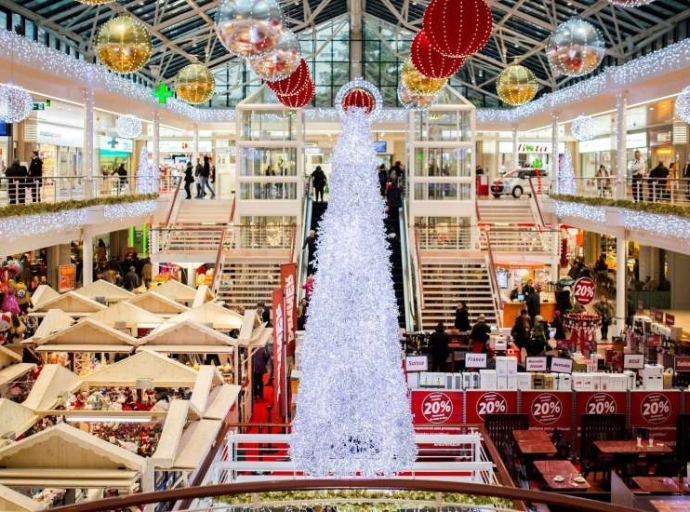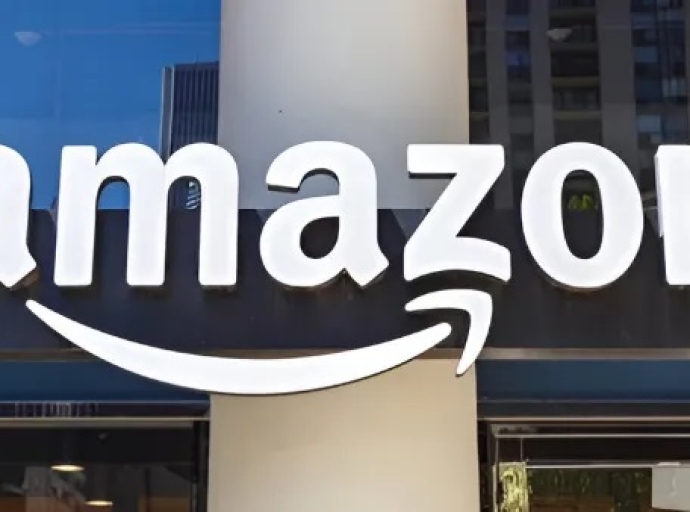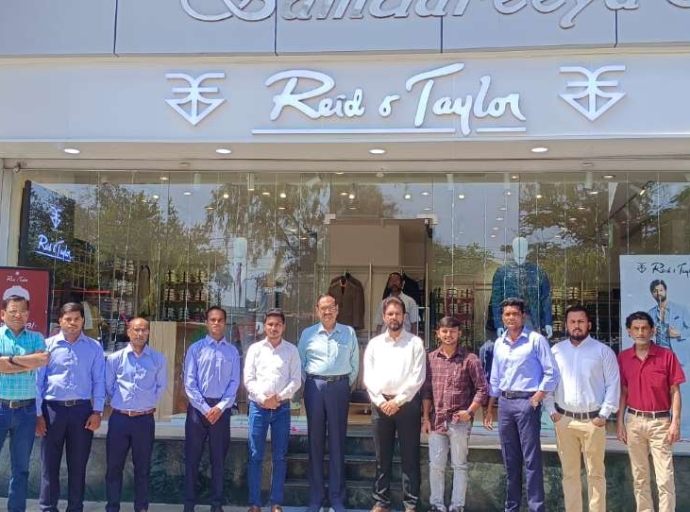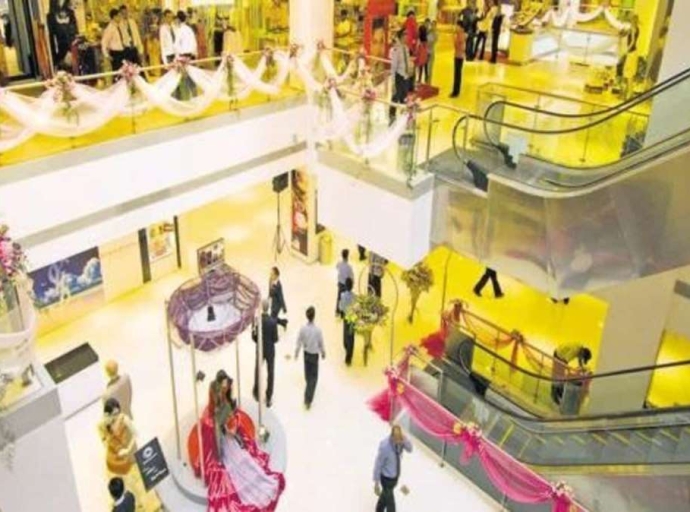The sprawling, opulent fashion retail stores that once symbolized peak consumerism in India are undergoing a quiet, yet significant change. Driven by evolving consumer behavior, rising operational costs, and the growing influence of e-commerce and quick-commerce, fashion brands and retailers are downsizing their physical store footprints, opting for leaner, more efficient formats.
This shift isn't merely a cost-cutting measure; it's a recalibration of retail strategy in a rapidly changing landscape. As Anjali Singh, a retail consultant at Technopak Advisors, points out, the pandemic gave boost to a trend that was already underway. Consumers are increasingly comfortable with online shopping, demanding seamless omnichannel experiences. This necessitates a re-evaluation of the role of physical stores.
Fashion Guru
The shrinking square footage
Recent Knight Frank India report indicates a noticeable trend towards smaller store sizes in prime retail locations. As Shishir Baijal, Chairman and Managing Director, Knight Frank India says, they've observed a 15-20 per cent reduction in average store sizes for fashion retailers in major metro cities over the past two years.
This downsizing allows brands to optimize rental costs, a significant expenditure, especially in high-street and mall locations. Moreover, smaller box stores — those under 15,000 sq ft — are growing in double-digit rates, while larger outlets (over 15,000 sq ft) are declining, points out Bharat Mimani, Managing Director and Partner, BCG.
Join our group
Why the downsizing?
There are several reasons for this shift:
Rise in e-commerce and quick-commerce: The rise of e-commerce and quick-commerce has led consumers to increasingly prefer online ordering, reducing foot traffic in traditional shopping centers.
Increasing operational costs: Rent, utilities, and staffing costs have escalated in recent years, putting pressure on retailers' bottom lines. Smaller stores translate to lower overheads.
Focus on experiential retail: Instead of vast showrooms filled with inventory, brands are focusing on creating curated, experiential spaces that emphasize personalized service and product storytelling.
Omnichannel integration: Retailers are striving to integrate their online and offline channels seamlessly. Smaller stores can serve as pick-up points for online orders, facilitating a smoother omnichannel experience.
Data-Driven Decisions: Retailers are increasingly leveraging data analytics to understand customer preferences and optimize inventory management. Smaller stores can be tailored to cater to specific local demands, reducing the need for excessive stock.
Proximity and accessibility: Retailers are reducing store sizes to be more accessible to consumers, who increasingly prefer ordering online.
Join our community
The rise of the ‘Optimized Store’
The new optimized store is characterized by curated product assortment. That is, instead of showcasing the entire product range, stores focus on bestsellers and key collections, reflecting local demand. Digital displays, interactive kiosks, and mobile POS systems enhance the customer experience and streamline operations.
Stores are designed to create engaging and immersive environments, focusing on visual merchandising and customer service. The layouts are flexible that allow retailers to adjust the space based on seasonal trends and promotional activities. And stores serve as fulfillment centers for online orders, facilitating click-and-collect and same-day delivery, and serving as neighborhood activation points.
For example, Shoppers Stop is increasing its presence by opening smaller HomeStop stores featuring select products, supporting its premiumization journey. The retailer has also shuttered 31 stores over the past nine years due to a loss of critical mass, and is seeing a shift in consumer trends.
Spencer’s Retail meanwhile, is using small stores as local hubs to drive growth, focusing on fresh products and leveraging a revamped supply chain and loyalty programs. These outlets also serve as potential e-commerce fulfillment centers.
Decathlon plans to boost its reach in India via smaller stores, ranging from 200 to 500 sq. mt., and even smaller stores of 100-120 sq. mt.with limited product availability. Ikea too plans to open stores with a retail area of 30,000 to 70,000 sq ft, significantly smaller than its standard large-format stores in India, which sprawl over 4.6 to 5.3 lakh sq ft.
Fashion Guru
The future of Indian fashion retail
The trend towards smaller store sizes is likely to continue as retailers adapt to the evolving retail landscape. While physical stores will remain an integral part of the customer journey, their role will shift from primarily transactional spaces to experiential hubs that enhance the omnichannel experience. "Smaller formats are here to stay, especially in metros and Tier I cities due to high real estate costs and changing consumer expectations. However, in Tier II cities, larger formats may still exist," notes Anand Ramanathan, Partner and Consumer Products and Retail Sector Leader, Deloitte. Singh believes the future of retail lies in creating seamless and personalized experiences. Smaller, optimized stores, combined with robust e-commerce platforms, will be key to success in the years to come.
Visit for more

